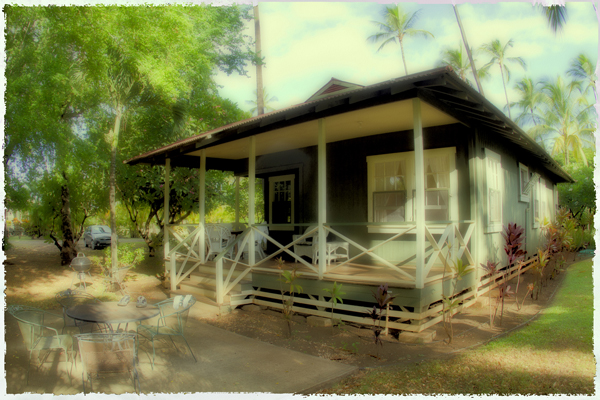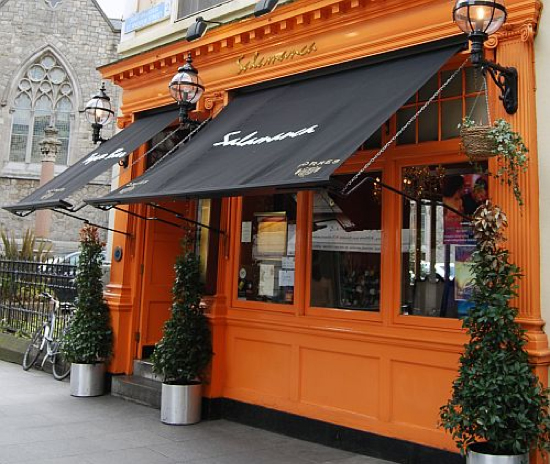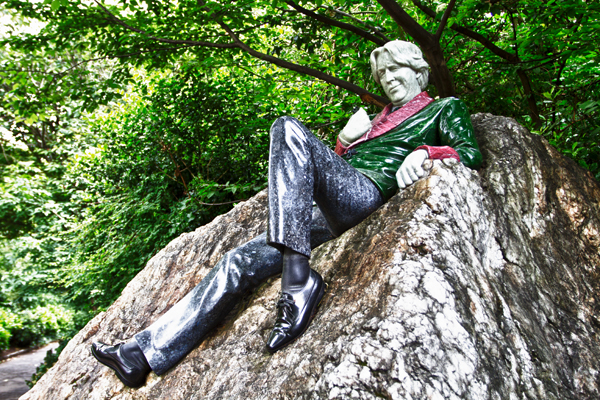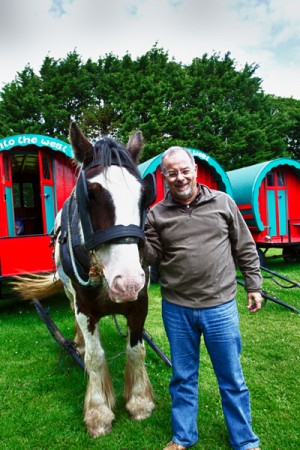Arrived at the Lihue airport on Kauai around two in the afternoon yesterday but by the time I got my rental car (not an easy process) and wormed my way through the construction traffic along the Kaumualii Highway, it was after five when I checked in at the Waimea Plantation Cottages on the western coast.
I’ve heard about these cottages for as long as I’ve been coming to Hawaii and have passed them many a time while driving along the highway up to Polihale Beach (where, they say, the spirits of the ancient Hawaiians used to depart the island) but for some reason I’ve never stayed here. The last time I was on Kauai, a couple of years ago, there were rumors that the cottages were in trouble financially and the whole thing might be sold and turned into condos or something. Which would have been a shame since the property is so historic.
It was originally owned by a Norwegian, Hans Peter Faye, who came to Kauai in the 1800s and owned a sugar plantation. He also started up a copra plantation and the cottages are spread out over nearly 30 acres of the old coconut groves. Some of the 48 cottages here were part of the original Waimea Sugar camp houses built between 1900 and 1920 and others were moved here from other sugar plantations and date from between 1918 to 1938.
I’m in cottage 84. I have no idea if this was one of the original cottages on the plantation or one of the later ones moved here (it would be kind of cool if they’d put up a little plaque or something in each cottage telling you its individual history). The cottages have wi-fi and they talk of getting flat-paneled TVs soon but, frankly, I wish they wouldn’t. This isn’t mid-century modern, it’s early-century Hawaiian. It’s like the sort of place you wish your grandparents had owned when you were a kid so you could come visit them in the summer and chase the chickens in the yard and soak in the claw-foot bathtub and ask Gram where she got all the sea shells that fill the clear glass lamp vase.
You’d take a nap in the hammock under the giant banyon tree and invent silly swim contests in the pool where you had to dive through an inner tube, swim the length of the pool, crawl out, and run around the chaise lounges where the adults were napping before making a final dash towards the coconut tree on the beach and touching it first. At least that’s what I’d do.






Recent Comments